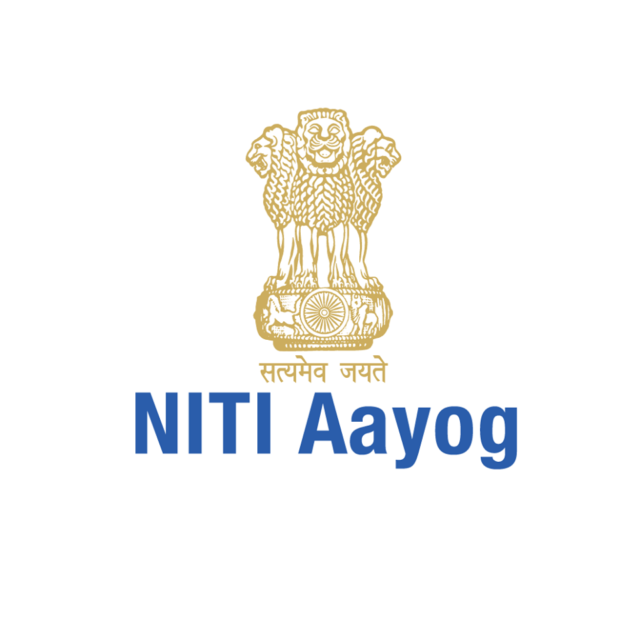NITI Aayog and Embassy of the Netherlands sign Statement of Intent on ‘Decarbonization and Energy Transition Agenda’
New Delhi: NITI Aayog and Embassy of the Netherlands, New Delhi, signed a Statement of Intent (SoI) on 28 September 2020 to support the decarbonization and energy transition agenda for accommodating cleaner and more energy.
The SoI was signed by NITI Aayog CEO Amitabh Kant and Ambassador of the Netherlands to India Marten van den Berg. Through this collaboration, NITI Aayog and the Dutch Embassy seek a strategic partnership to create a platform that enables a comprehensive collaboration among stakeholders and influencers, including policymakers, industry bodies, OEMs, private enterprises, and sector experts.
The focus of the partnership is on co-creating innovative technological solutions by leveraging the expertise of the two entities. This will be achieved through an exchange of knowledge and collaborative activities. Key elements include i) lowering the net carbon footprint in industrial and transport sectors ii) realise the target potential of natural gas and promote bio-energy technologies iii) adopt clean air technologies from monitoring to reducing actual particulates iv) adopt next-generation technologies, such as hydrogen, carbon capture utilization, and storage for sectoral energy efficiency v) financial frameworks to deliver and adopt climate change finance.
Speaking during the event, Dr Rajiv Kumar, Vice Chairman, NITI Aayog, said, ‘Both India and the Netherlands have ambitious sustainable energy targets and face similar issues in realizing cleaner energy transition goals. I am sure India’s expertise in deploying high-tech solutions in a cost-effective manner, combined with Dutch expertise in low carbon technologies, will further solidify Indo-Dutch collaboration, and we will successfully work towards achieving the decarbonization and energy transition agenda.’
Marten van den Berg, Ambassador of the Netherlands to India, said, ‘As both India and the Netherlands continue to transform their energy sector, we are committed that initiatives under this SoI will help both the countries to move towards becoming climate-resilient economies. Working with India is also important to meet its twin objectives—generating economic growth and ensuring it safeguards the environment for future generations. In the field of energy, there is a huge room for cooperation between the two countries, as we both have ambitious sustainable targets. This SoI will encourage more collaboration. It will not only boost the economies of the two nations but also achieve the UN Sustainable Development Goals.’
Amitabh Kant, CEO, NITI Aayog, said, ‘We are committed to reduce emissions’ intensity by 33%–35% by 2030. With the focus on carbon intensity of products sold across the world, low carbon industrialization is the next huge opportunity for India. Apart from the ongoing emphasis on renewable energy, India stands committed on the rapid adoption of electric vehicles. Given the enormous potential the partnership holds, the thematic areas within the broad topic of energy transition and climate change, the partnership with the Netherlands in the spirit and action, will help both the countries derive natural synergies to achieve sustainable development goals.’
Dr Rakesh Sarwal, Additional Secretary, NITI Aayog, said, ‘Clean energy is critical for achieving sustainable development and is at the forefront of the global agenda. The co-operation between the two countries can solve a range of challenges in obtaining, adapting and effectively using technologies for sustainable development, not to mention in building productive capacity.’
The Netherlands and India share a long history of trade and investment. It is India’s sixth largest EU trading partner—as much as 20% of India’s exports to the European continent goes through the Netherlands, making it India’s ‘gateway to Europe’—and one of the top five investors in the country. It is also the third largest source of Foreign Direct Investment for India.
The Netherlands is keen to intensify its business relations with India to emerge as the country’s hub for doing business with Europe. Both the countries complement each other and by working together can combine forces to find new solutions to shape the future and tackle societal challenges, especially in the energy and climate sectors.

